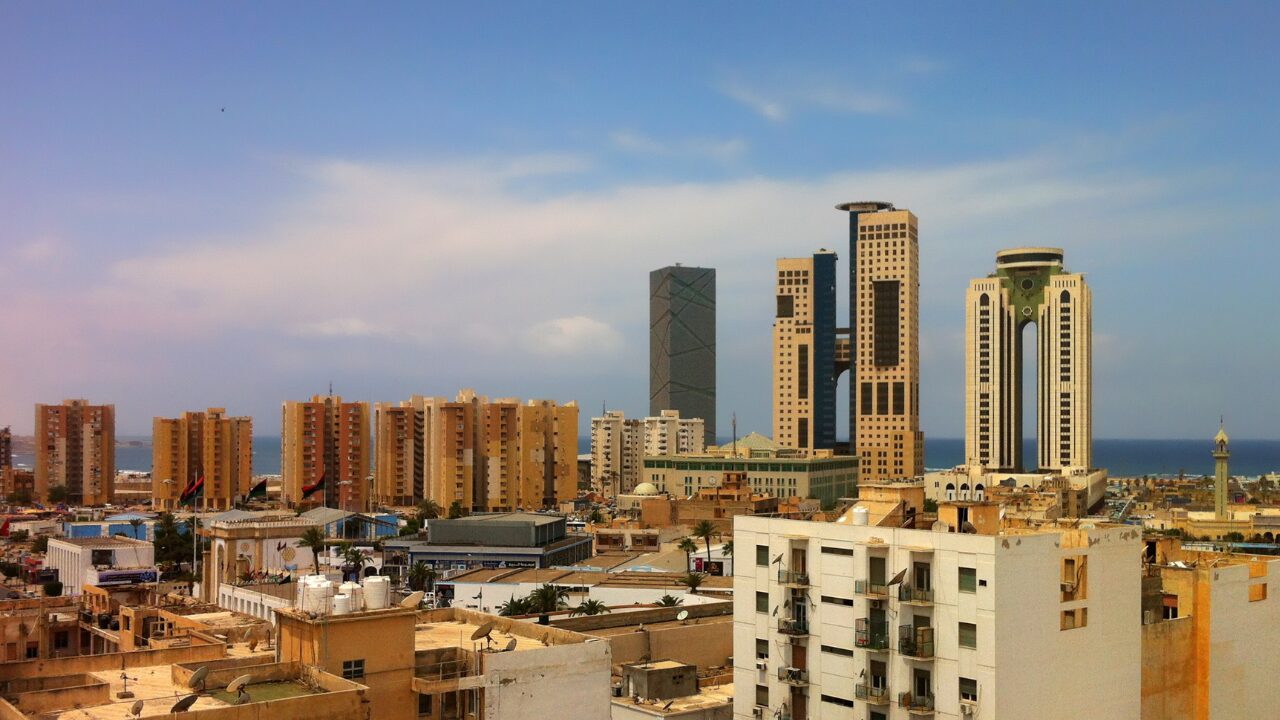Date first published: 30/05/2017
Key sectors: energy; utilities; foreign investment
Key risks: terrorism; civil unrest; political violence
The 22 May Manchester Arena bombing by British-Libyan Salman Abedi (written formally as al-‘Ubaydi) brought into a sharp relief the ongoing security and political vacuums in Libya. Abedi’s links with extremist groups in Libya have yet to be confirmed. Greater Manchester Police have not commented on reports in European media that Abedi spent time in Syria, and the publicly-stated timeline of Abedi’s last fortnight would have made a visit to Syria almost impossible. Beyond Salman however, the links of other Abedi family members are revealing.
Salman’s father Ramadan is known in the family’s home town of Tripoli as an experienced member of the Libyan Islamic Fighting Group (LIFG). The LIFG become infamous in the late-1990’s in Libya for posing a distinct radical Islamist threat to Muammar al-Gaddafi’s ostensibly secular regime. Formed of members of al-Qaida who fought with Osama bin Laden in Afghanistan, many members of the LIFG and the political organisation the Muslim Brotherhood sought political asylum in the UK from Gaddafi’s crackdown. The LIFG came to greater prominence during the civil war in 2011 in returning to Libya and providing significant numbers of well-trained former fighters to the opposition. The now-disbanded LIFG operates under “the Libya Shield Force” and has close ties to al-Qaida-affiliates Ansar al-Sharia (AS) and Benghazi Shura Council of Revolutionaries (BSCR). Salman’s youngest brother, Hisham, was reportedly investigated by a key anti-Islamist Tripoli militia, the Special Deterrence Force, for links to Islamic State (IS).
In apparently coincidental timing, on 27 May, AS, one of Libya’s most prominent extremist groups, announced it was dissolving. AS carried out the attack in 11 September 2012 in Benghazi against the US consulate in which US ambassador Christopher Stevens and three US security personnel were killed. The AS statement claimed the group has suffered considerable losses in its senior leadership and in its fighting forces, and so was to transfer the remained of its fighters, materiel and networks to the BSCR which has successfully held out in tiny pockets of Benghazi to continue their battle against the so-called Libyan National Army (LNA) of renegade general Khalifah Haftar , based in the east, which consists of the fragments of Gaddafi’s army.
IS, always an inorganic extremist group among locally-reared competition, fled south after its defeat in Sirte in December 2016 and has taken advantage of the vast poorly-controlled desert to agitate against isolated settlements and benefit from smuggling routes.
For many,particularly in Europe, Libya’s security troubles are seen solely through the prism of refugee flows, with Libyan traffickers responsible for almost all of the over-loaded boats left to drift in the Mediterranean. However, there are wider regional implications to the ongoing security crisis. The Egyptian military’s relatively covert involvement in Libya in support of Haftar burst into sharp relief at the end of May with multiple publically-claimed airstrikes on what Egyptian officials claimed were terrorist training camps around Derna. Derna has been free of an IS presence since April 2016, although Egypt has a very broad definition of terrorists, encompassing even the quietest political Islamists. Tunisia has suffered severely, with multiple attacks carried out by Libyan-trained or -funded militants, including the attempted wholesale take-over of Ben Guerdane in March 2016 by tens of well-armed and well-coordinated militants who were believed to have been hiding in plain sight to plan the attack. Algeria has failed in its attempt to show regional leadership in encouraging dialogue, fearful of a repeat of the 2013 In Amenas attack, given the nexus of resources the conglomeration of Islamist militant groups that Libya is facilitating.



